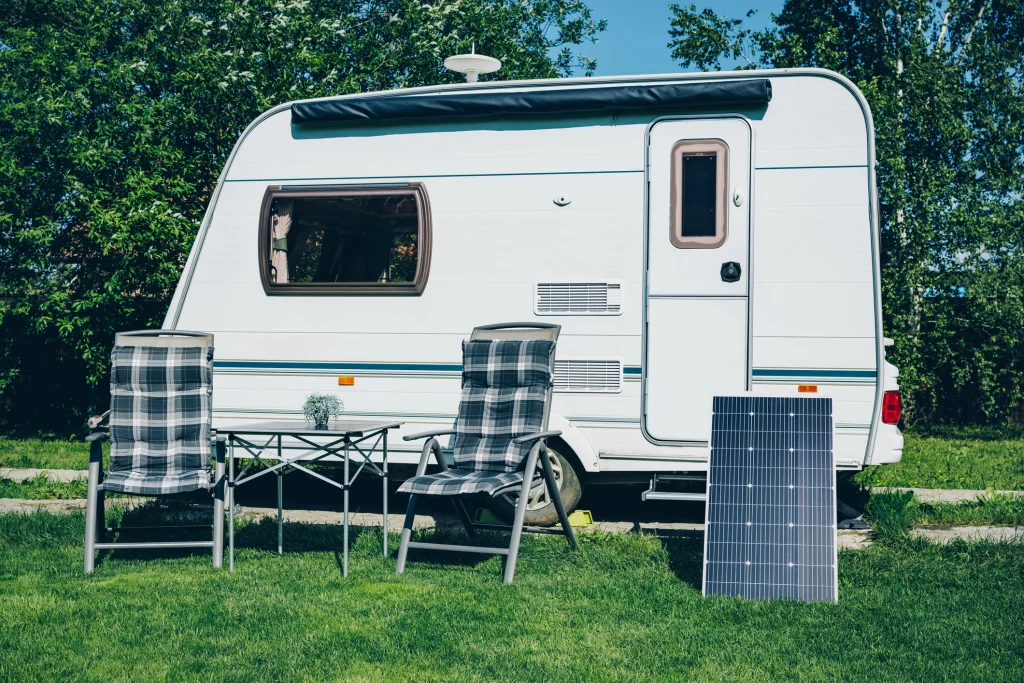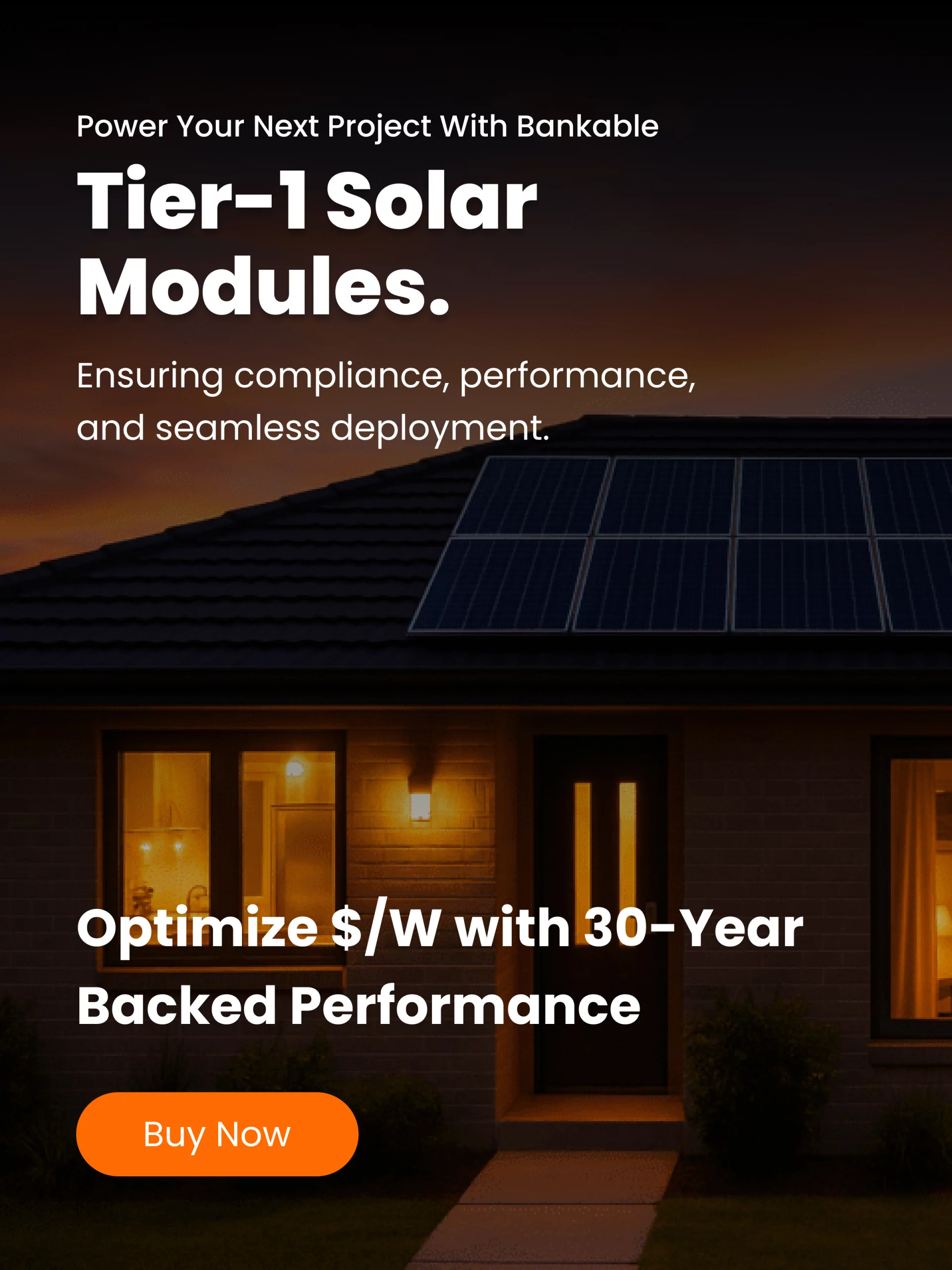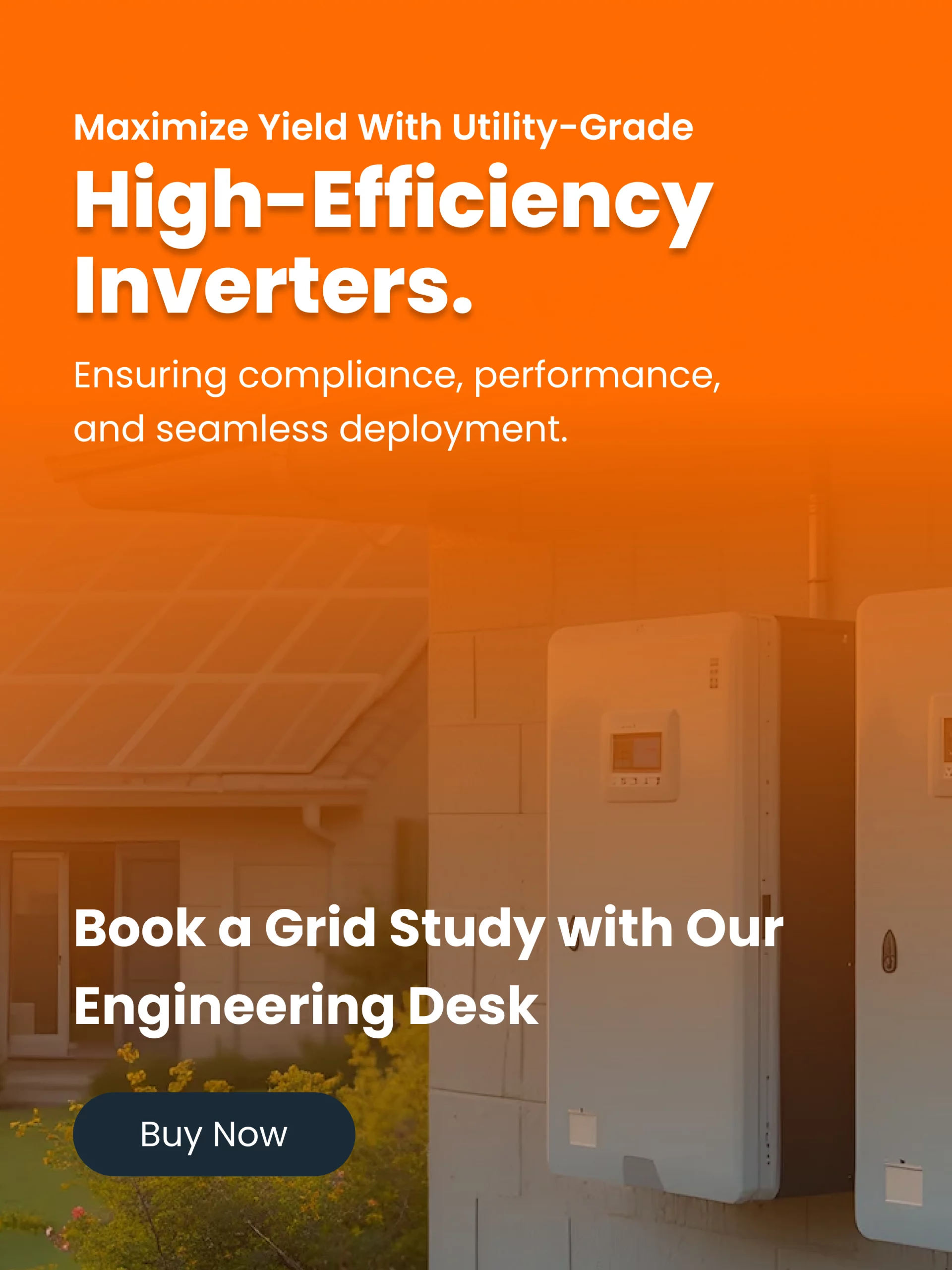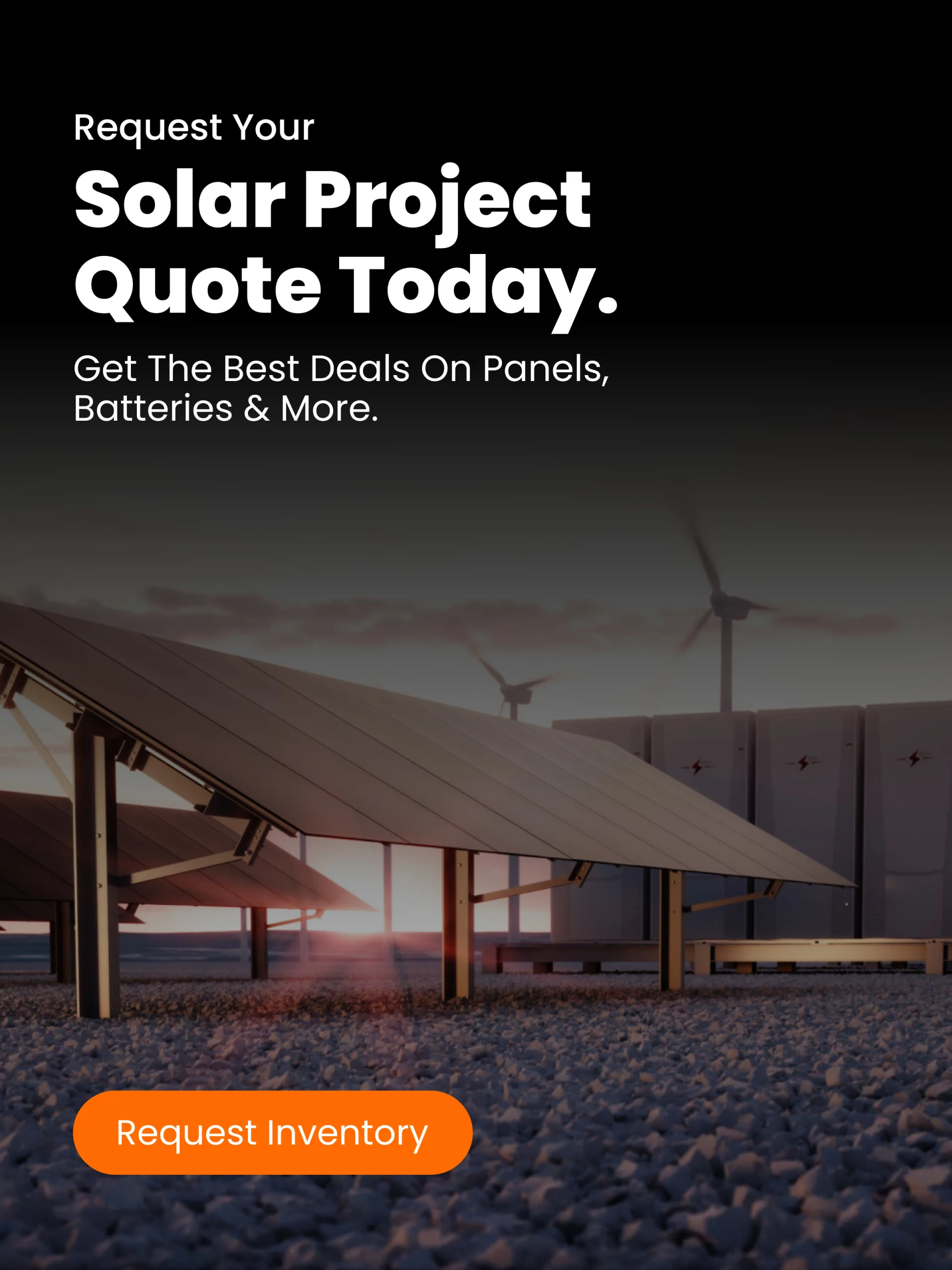Camping offers a refreshing escape into nature, but the absence of electricity can pose challenges. Whether you’re a weekend camper or a seasoned RV traveler, having a reliable power source can enhance your outdoor experience. Solar panels have emerged as a sustainable and efficient solution, providing clean energy to power your devices and appliances. In this guide, we’ll explore the top solar panels for camping in 2025, helping you make an informed decision for your next adventure.
Understanding solar panels for camping
Before diving into product recommendations, it’s essential to understand the different types of solar panels available and how they function.
Types of solar panels
- Monocrystalline Panels: Known for their high efficiency and longevity, monocrystalline panels are made from a single continuous crystal structure. They perform well in various lighting conditions and are ideal for campers seeking reliable power.
- Polycrystalline Panels: These panels are made from silicon crystals that are melted together. While they are less efficient than monocrystalline panels, they are more affordable and still suitable for basic camping needs.
- Thin-Film Panels: Made by placing one or more layers of photovoltaic material on a substrate, thin-film panels are lightweight and flexible. They are a good option for campers with limited space but may require more surface area to generate the same amount of power as crystalline panels.
Key features to consider
- Portability: For backpackers, lightweight and foldable panels are crucial.
- Power Output: Measured in watts, this determines how much energy the panel can generate. Higher wattage is beneficial for powering multiple devices or larger appliances.
- Durability: Look for panels with water and dust resistance ratings (e.g., IP65 or higher) to withstand outdoor conditions.
- Compatibility: Ensure the panel is compatible with your power station or battery storage system.
Top solar panels for camping in 2025
Based on expert reviews and user feedback, here are some of the best solar panels for camping this year:
1. EcoFlow 110W Portable Solar Panel
Ideal for short camping trips, the EcoFlow 110W panel is lightweight and foldable, making it easy to transport. It features an IP68 waterproof rating, ensuring durability in various weather conditions. This panel is perfect for charging small devices like smartphones and tablets.
Specifications:
- Weight: 8.8 lbs (4.0 kg)
- Unfolded Dimensions: 20.2 x 62.5 x 0.8 in (178.5 x 42.0 x 2.5 cm)
- Folded Dimensions: 20.2 x 16.5 x 0.8 in (42.0 x 48.0 x 2.5 cm)
- Rated Power: 110W (±5W)
Pros:
- Ultra-portable and easy to set up
- Cost-effective entry point into solar power
Cons:
- Lower output compared to higher-wattage models
2. EcoFlow 400W Portable Solar Panel
For family camping trips or RV adventures, the EcoFlow 400W panel offers substantial power output. Its foldable design with an integrated kickstand allows for optimal sun exposure. With an IP68 waterproof rating, it can withstand harsh outdoor conditions.
Specifications:
- Weight: 35.3 lbs (16.0 kg)
- Rated Power: 400W
Pros:
- Sufficient power to run multiple devices and appliances
- Portable and easy to set up
Cons:
- Heavier and bulkier than smaller models
3. EcoFlow 60W Portable Solar Panel
Designed for backpackers and solo travelers, the EcoFlow 60W panel is lightweight and compact. It provides enough power to charge essential devices like phones and GPS units. Its foldable design makes it easy to pack and carry.
Specifications:
- Weight: 4.4 lbs (2.0 kg)
- Rated Power: 60W
Pros:
- Extremely portable and easy to carry
- Ideal for charging small devices on the go
Cons:
- Limited power output for larger appliances
4. EcoFlow 400W Rigid Solar Panel
For those seeking a permanent solar solution for their RV or van, the EcoFlow 400W rigid panel offers high efficiency and durability. Its rigid design ensures stability and longevity, making it suitable for long-term installations.
Specifications:
- Rated Power: 400W
Pros:
- High efficiency and durability
- Suitable for permanent installations
Cons:
- Not portable; requires installation
5. EcoFlow 100W Flexible Solar Panel
Maximizing surface area, the EcoFlow 100W flexible panel can be mounted on curved surfaces, making it ideal for RVs and boats. Its lightweight and flexible design allows for versatile installations.
Specifications:
- Rated Power: 100W
Pros:
- Flexible design allows for versatile installations
- Lightweight and easy to handle
Cons:
- Lower power output compared to rigid panels
How to choose the right solar panel for your camping needs
Selecting the appropriate solar panel depends on various factors:
- Power Requirements: Assess the devices and appliances you intend to power. Higher wattage panels are necessary for larger devices.
- Portability: If you’re backpacking, lightweight and foldable panels are essential. For RVs, larger, rigid panels may be more suitable.
- Durability: Ensure the panel has a high waterproof and dustproof rating (e.g., IP65 or higher) to withstand outdoor conditions.
- Compatibility: Check if the panel is compatible with your existing power station or battery storage system.
Conclusion
Investing in a solar panel for camping not only provides a reliable power source but also contributes to a sustainable and eco-friendly outdoor experience. The EcoFlow range offers various options tailored to different camping needs, from lightweight panels for backpackers to high-output panels for RVs and families. By considering your power requirements, portability needs, and durability expectations, you can select the best solar panel to enhance your camping adventures in 2025.
FAQs
Q1: Can I use a 110W solar panel to power a refrigerator during camping?
A 110W panel may not provide sufficient power to run a refrigerator continuously. It’s advisable to use a higher wattage panel or ensure you have a large battery storage system to support such appliances.
Q2: How long does it take to charge a smartphone with a 60W solar panel?
Charging times vary based on the smartphone’s battery capacity and sunlight conditions. On average, a 60W panel can fully charge a smartphone in 2-3 hours under optimal sunlight.
Q3: Are flexible solar panels less efficient than rigid ones?
While flexible panels are lightweight and versatile, they typically have lower efficiency compared to rigid panels. However, they are suitable for applications where mounting space is limited or on curved surfaces.
Q4: Can I leave my solar panel outside during rain?
Panels with high waterproof ratings (e.g., IP68) can withstand rain. However, it’s advisable to store them in a dry place during heavy storms to prolong their lifespan.
Q5: Do I need a charge controller with my solar panel?
If you’re connecting the solar panel directly to a battery, a charge controller is essential to regulate the charging process and prevent battery damage.




